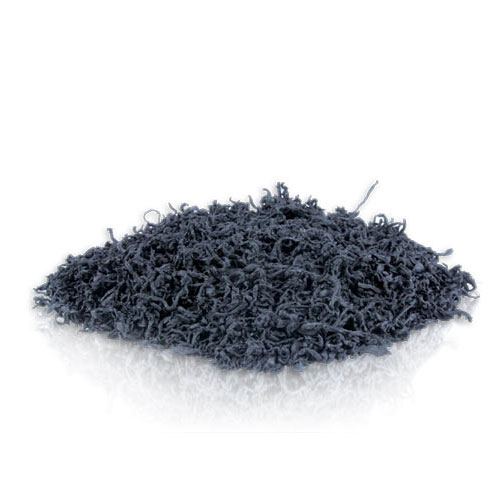10 Best Vegetables For Winter Season
1)Red Cabbage Vegetable 2)Parsnip Vegetable 3)Radicchio Vegetable 4)Mustard Green Vegetable 5)Rutabaga Vegetable 6)Hubbard Squash Vegetable…

Plants and trees are versatile creatures gifted by god for human survival. Only very few people living in this world realizes the importance of the plant and grow in their houses lavishly. Earth has lost millions of trees in the past and this is the right time to plant millions of seeds in this beautiful earth. This topic will deal with a plant named hijiki which is commonly found in Japan, Korea and China.It finds a unique place in Japanese diets since they use this vegetable lavishly. The botanical name of this plant is Sargassum fusiforme.
[tribulant_slideshow gallery_id="201"]
These plants are found in rocky coastal areas of Japan, China and Korea. Japanese are using these vegetables for centuries together and still they are using with much interest. The vegetables are rich in dietary fiber, essential minerals such as calcium, iron and magnesium. Japanese feel that regular use of hijiki in small proportions leads to thick and lustrous hair. The consumers of UK are purchasing the products made out of hijiki for the past 30 years and North Americans also like culinary items made out of hijiki.
Hijiki is a type of seaweed that is native to the coasts of Japan, Korea, and China. It is a very popular food in Japan and is often used as an ingredient in a variety of dishes. It is also used for its health benefits and medicinal properties. Hijiki has a dark brown to black appearance and is usually sold in dried form. It must be soaked in water before consuming and can be eaten raw, or cooked in a variety of dishes. It is a rich source of dietary fiber, minerals, and vitamins. It is also a good source of calcium, magnesium, and iron. Hijiki is believed to have several health benefits. It is thought to improve digestion, reduce cholesterol, and boost the immune system. It is also believed to help with weight loss, reduce inflammation, and improve blood circulation. Additionally, it is said to help with skin health and slow down the aging process. In Japan, hijiki is commonly used in a variety of dishes, including as a topping for sushi, in salads, and as a side dish.
It is also used as a flavoring for soups, stews, and fish dishes. Hijiki can also be cooked and served as a main dish. It can be stir-fried with vegetables, fried with tofu and vegetables, or cooked with rice and vegetables. When buying hijiki, it is important to make sure that the product is certified organic and has been sustainably harvested. Hijiki should also be inspected for any contaminants, such as sand, dirt, and shells, which can cause digestive issues. In summary, hijiki is a type of seaweed that is native to the coasts of Japan, Korea, and China. It is a popular food in Japan and is used as an ingredient in a variety of dishes. It is a rich source of dietary fiber, minerals, and vitamins and is believed to have several health benefits. It is important to make sure that the product is certified organic and has been sustainably harvested before consuming.
Hijiki is a type of seaweed that is often consumed in many parts of the world. It has been used for centuries for its health benefits, and it is popular in traditional Japanese cuisine. However, hijiki has recently been linked to a number of health risks, and it is important to understand these risks before consuming hijiki. Hijiki is high in arsenic, a naturally occurring element that can be toxic in high doses. Several studies have found that consuming hijiki can lead to an increase in arsenic levels in the body, which can be harmful.
Although the levels of arsenic in hijiki are not considered to be dangerous, it is best to limit your consumption of hijiki to once a week or less. Hijiki is also high in fiber, which can be beneficial for digestive health. However, if you consume too much fiber, it can lead to digestive issues such as gas, bloating, and constipation. To avoid these issues, it is important to increase your fiber intake gradually and drink plenty of water to help your body digest it. Hijiki also contains high levels of iodine, which is important for maintaining a healthy thyroid. However, consuming too much iodine can lead to an overactive thyroid, which can cause symptoms such as fatigue, weight loss, and irregular heartbeat. To avoid this, it is important to limit your consumption of hijiki to once a week or less.
Additionally, hijiki contains a compound called gamma-amino butyric acid, which has been linked to an increased risk of developing cancer. Although the evidence is not conclusive, it is best to avoid eating hijiki if you have a history of cancer in your family. Finally, hijiki can also cause allergic reactions in some people. If you are allergic to seaweed, it is important to avoid hijiki in order to prevent an allergic reaction. Additionally, if you experience any adverse reactions after eating hijiki, it is important to speak with your doctor right away.